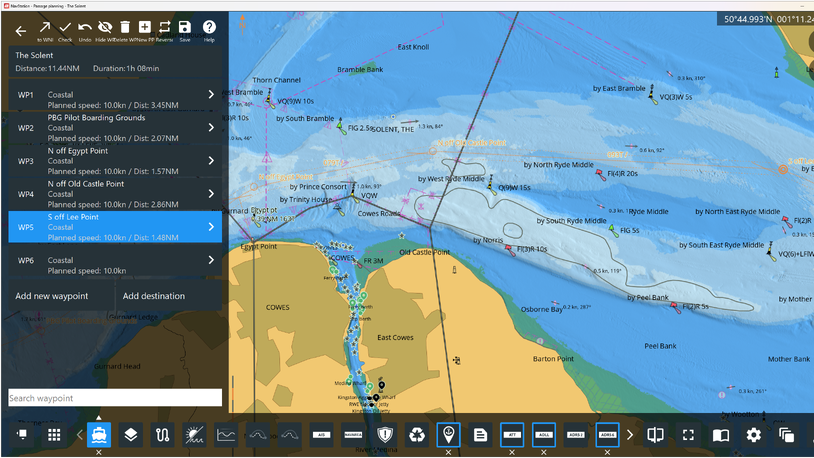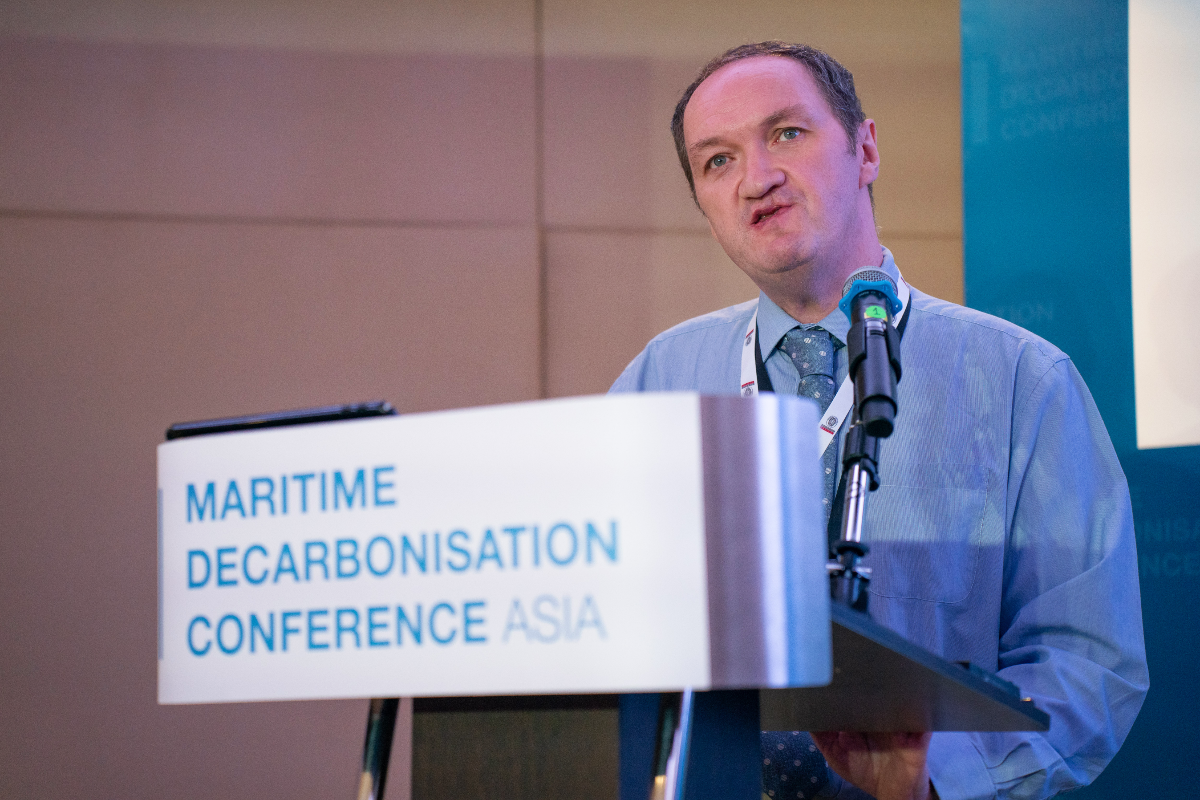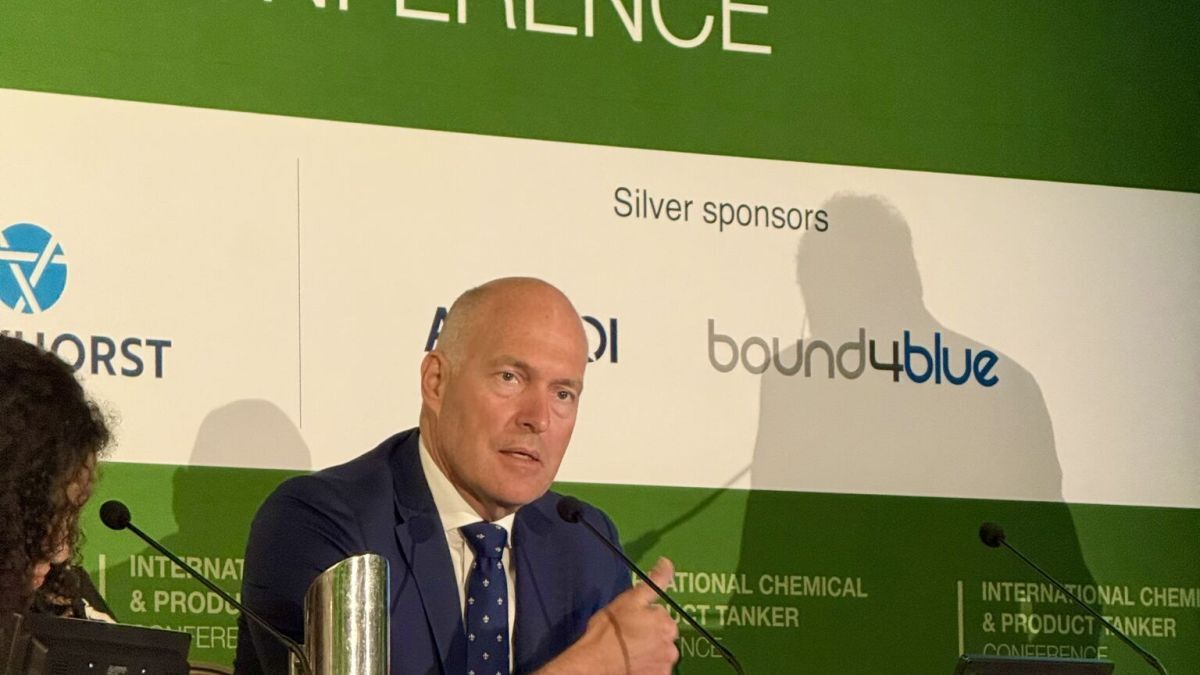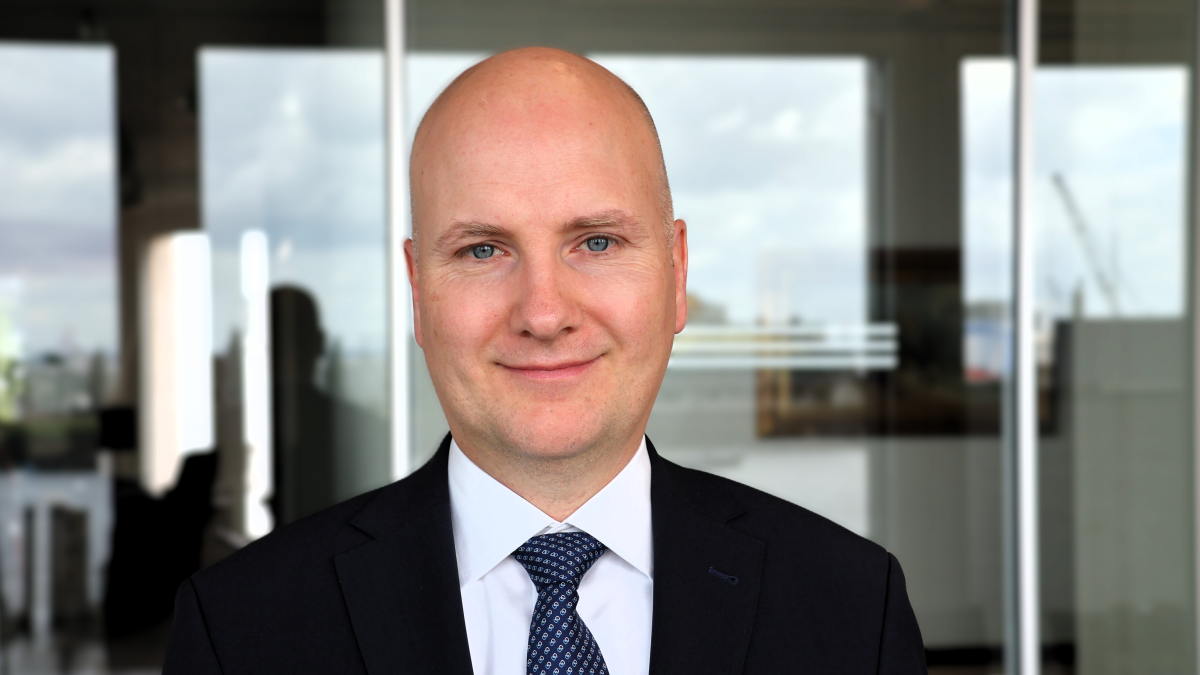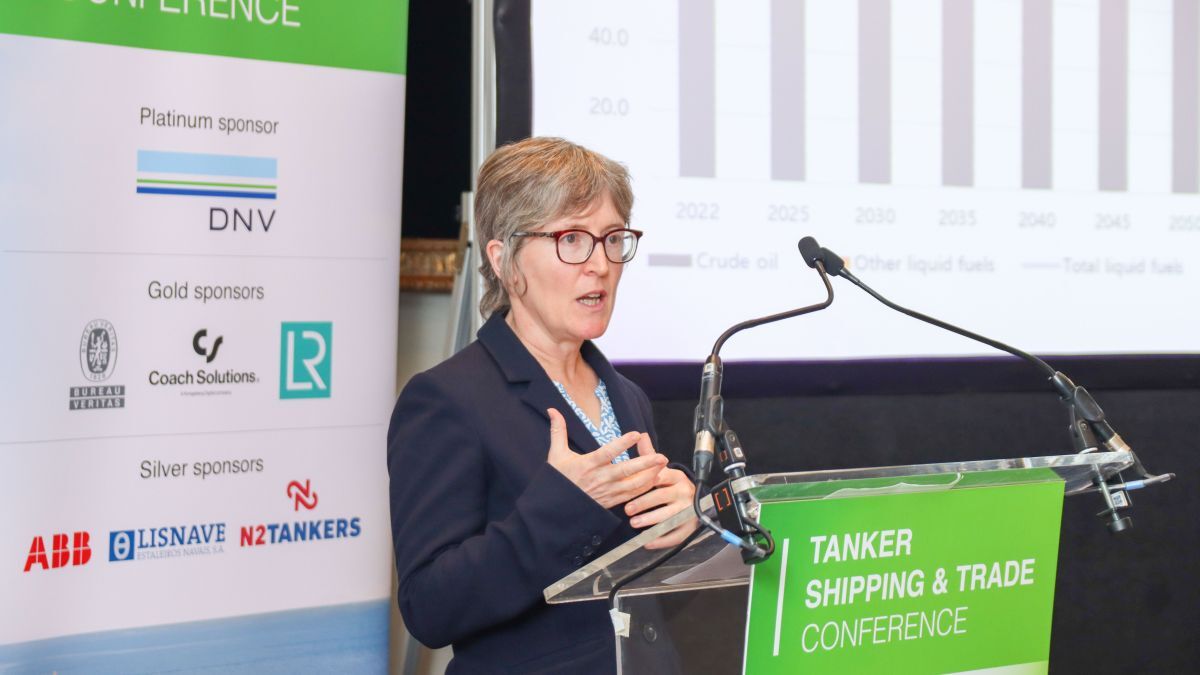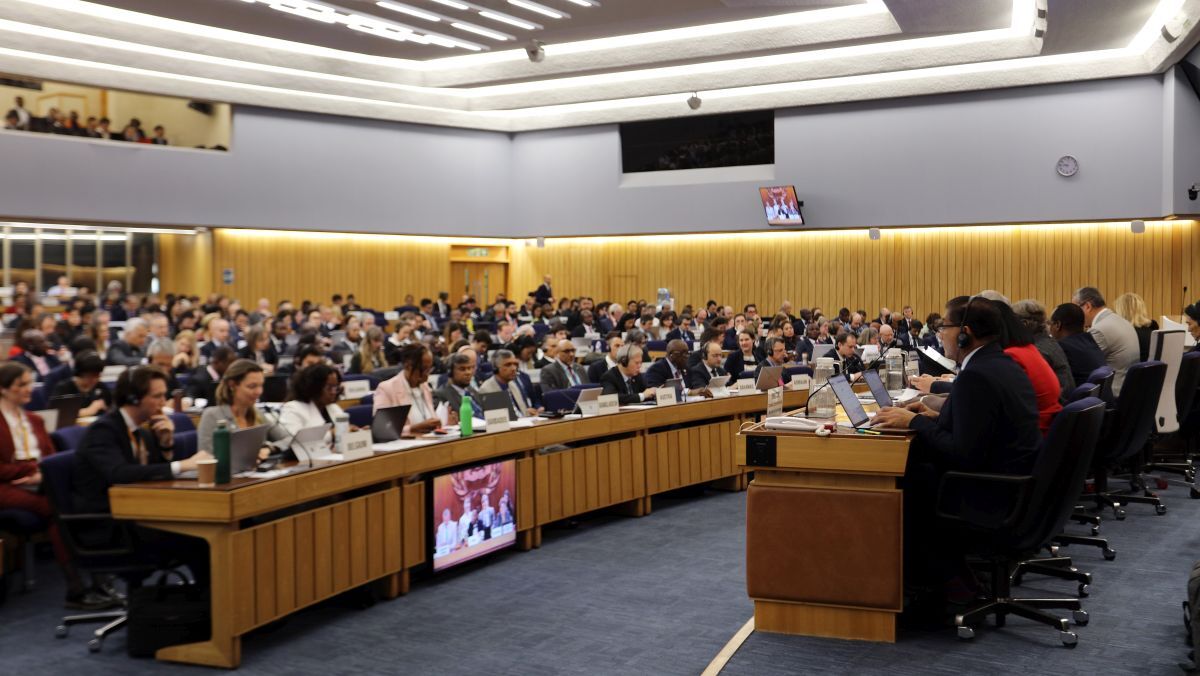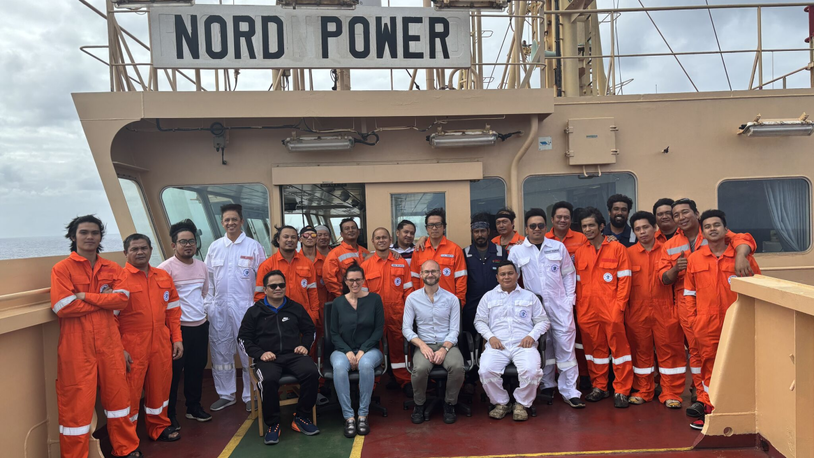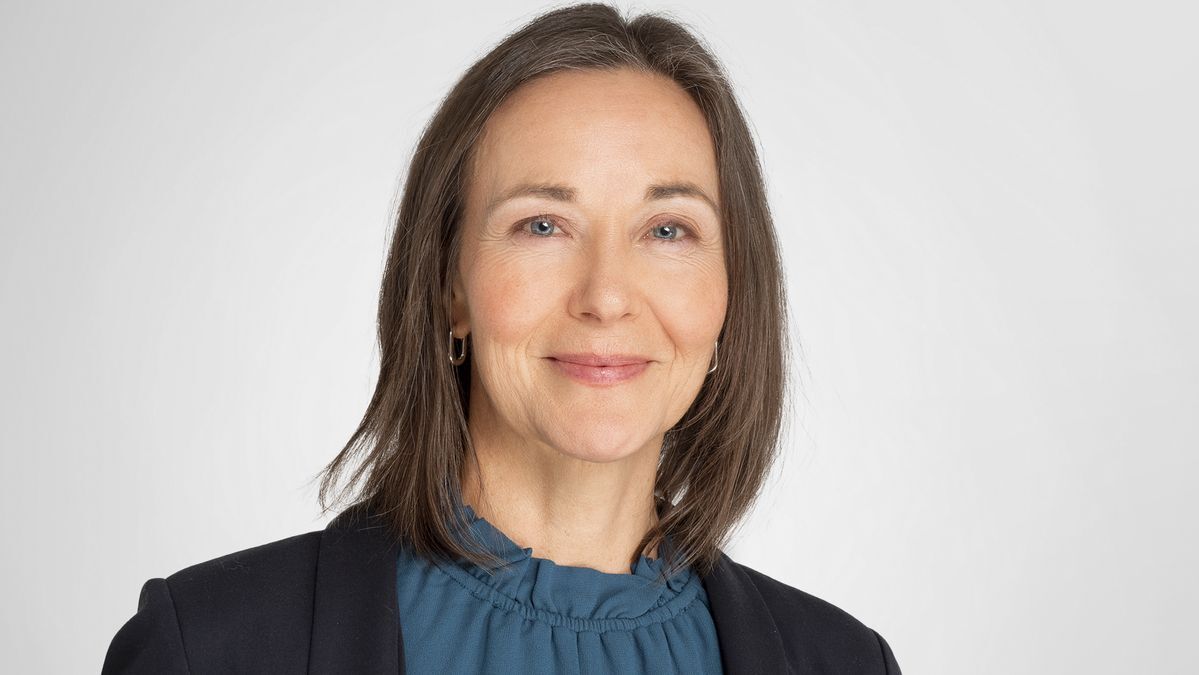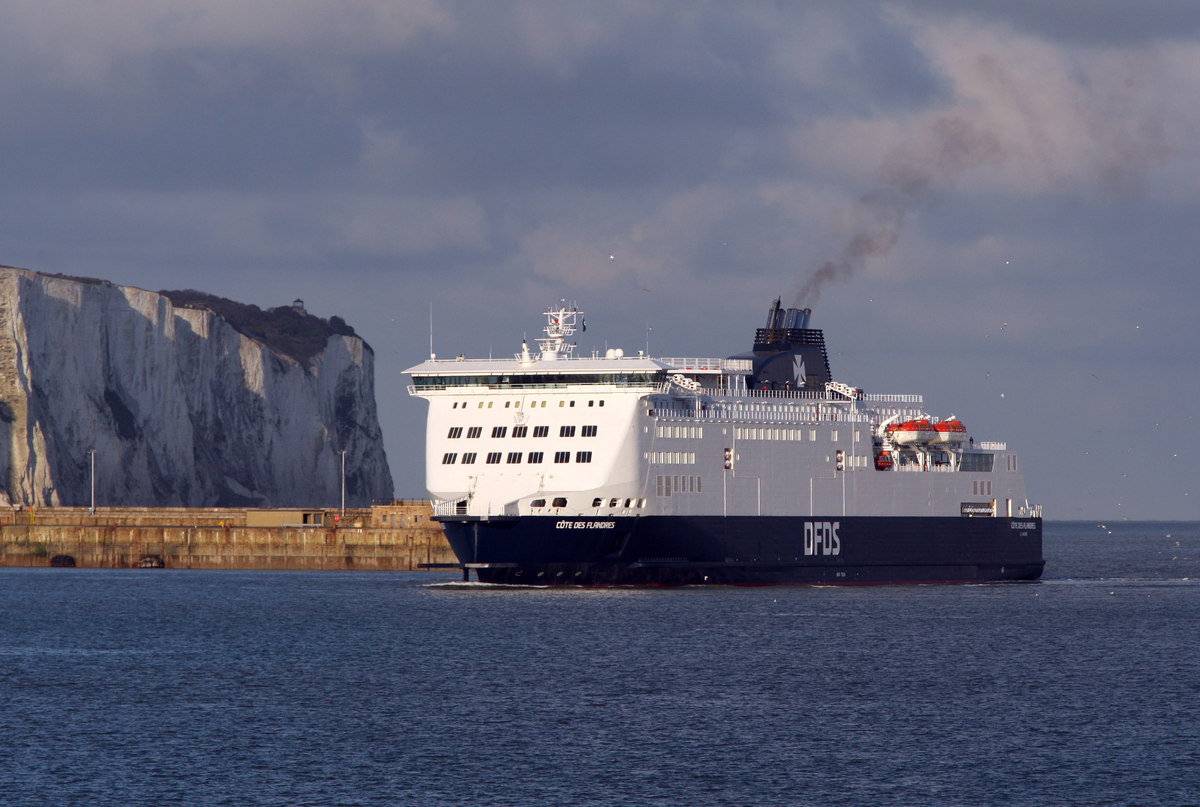Business Sectors
Events
Contents
Register to read more articles.
Accelerating decarbonisation: green methanol ‘an attractive proposition’
Methanol has emerged as one of the alternative fuels of choice for members of the leading association for the international liner shipping industry
“Methanol is very attractive, and our members have come to that conclusion,” John Bradshaw, technical director for the environment and safety at the World Shipping Council told delegates at Riviera Maritime Media’s Maritime Decarbonisation Conference, Asia in Singapore in April.
In providing the keynote address for the event, Mr Bradshaw laid out the challenges of climate change, highlighting some of the tough decisions facing shipowners around decarbonisation and alternative fuels, emphasising the need for a regulatory framework that drives emissions reduction on a pathway to zero by 2050.
Commenting on alternative fuels, Mr Bradshaw said “At the moment, methanol seems to be the most positive. But what I don’t know is whether methanol will be the solution for everybody, and whether methanol will get us to where we want to be in 2050,” adding, “Green methanol is a very attractive proposition.”
The World Shipping Council, which represents container ship and roro vessel owners, counts among its members some of the biggest public and private shipowners in the world. Included among those are box ship giants AP Møller-Maersk, CMA CGM and COSCO Shipping. The liner trio has invested billions of dollars in methanol dual-fuel newbuilds, with a combined total close to 50 ULCSs on order.
Prior to disclosing its US$3Bn shipbuilding contract with China State Shipbuilding Corp (CSSC) for 12 methanol dual-fuel 15,000-TEU box ships and four 23,000-TEU LNG dual-fuel container ships in April, CMA CGM provided details of its newbuild investments when it reported its annual financial results for 2022. The French shipping company said it had committed US$10.2Bn for the construction of 77 LNG dual-fuel vessels (32 of which are in operation) and six green methanol-ready ships that will be available by the end of 2026.
This latest shipbuilding contract with CSSC would push CMA CGM’s investments to US$13.2Bn in alternative-fuelled vessels.
A maritime regulatory specialist and marine engineer based in the World Shipping Council’s Singapore office Mr Bradshaw concluded that the successful transition to zero-carbon shipping required broad cooperation among maritime stakeholders.
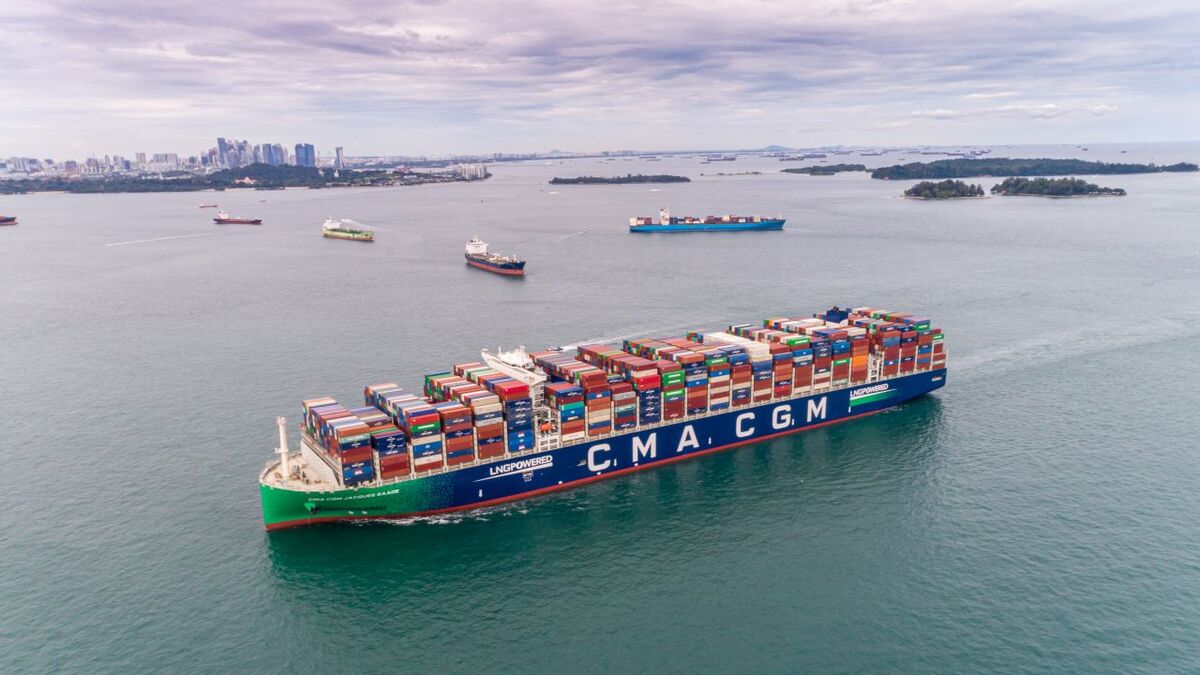
Working together
“We are all in this together. Shipowners, energy suppliers, the shippers moving the cargo, port operators, government administrations and society. None of these parties can do this alone. We all need to cooperate in a positive manner and be willing to work together,” he said. “It’s easy to criticise, but when I look around, I see a very positive, collaborative culture across multiple stakeholders to make this journey,” he added.
Mr Bradshaw urged IMO to provide regulatory clarity for the shipping industry when it meets at MEPC80 in London during the week of 3 July and move forward with the revisions to the initial IMO GHG Strategy and accelerate greenhouse gas emissions reduction.
“IMO make the decisions; revise the strategy, and we as an industry are ready to get on with it and accelerate what we are doing,” concluded Mr Bradshaw.
________________________________________________________________________________________
For details on Riviera Maritime Media’s Maritime Decarbonisation, Europe, Conference, Awards & Exhibition 26-27 September 2023 in Amsterdam, please click here. This two-day event expands on the successful regional series, with the Marine Propulsion Decarbonisation Awards for 2023. You can see all of the categories for awards, and nominate your favourite candidate. Award nominations are open until 1 August 2023.
Related to this Story
Women in Maritime Today: Elin Saltkjel says no day working in maritime is dull
Events
Maritime Environmental Protection Webinar Week
Cyber & Vessel Security Webinar Week
The illusion of safety: what we're getting wrong about crews, tech, and fatigue
Responsible Ship Recycling Forum 2025
© 2024 Riviera Maritime Media Ltd.

